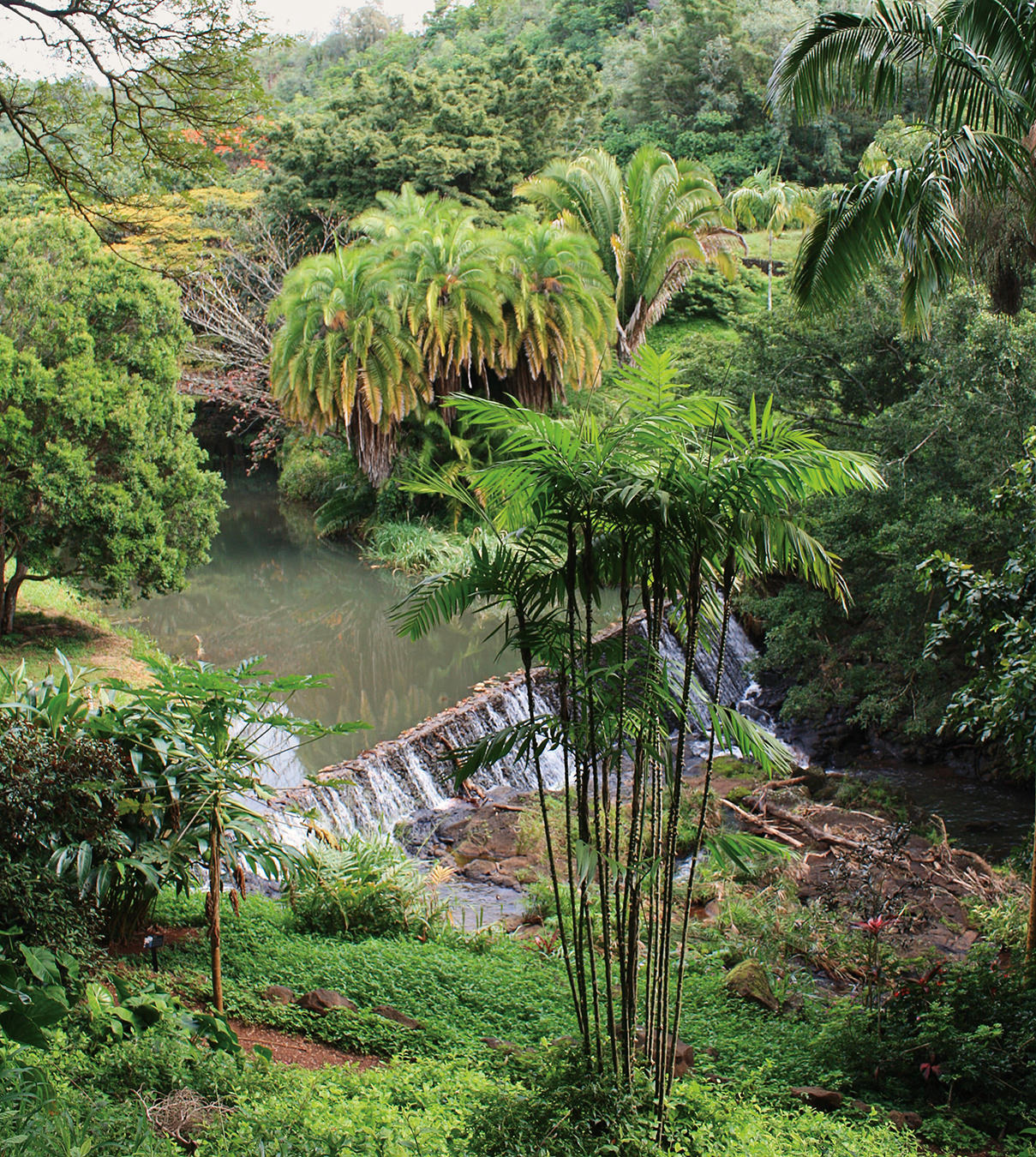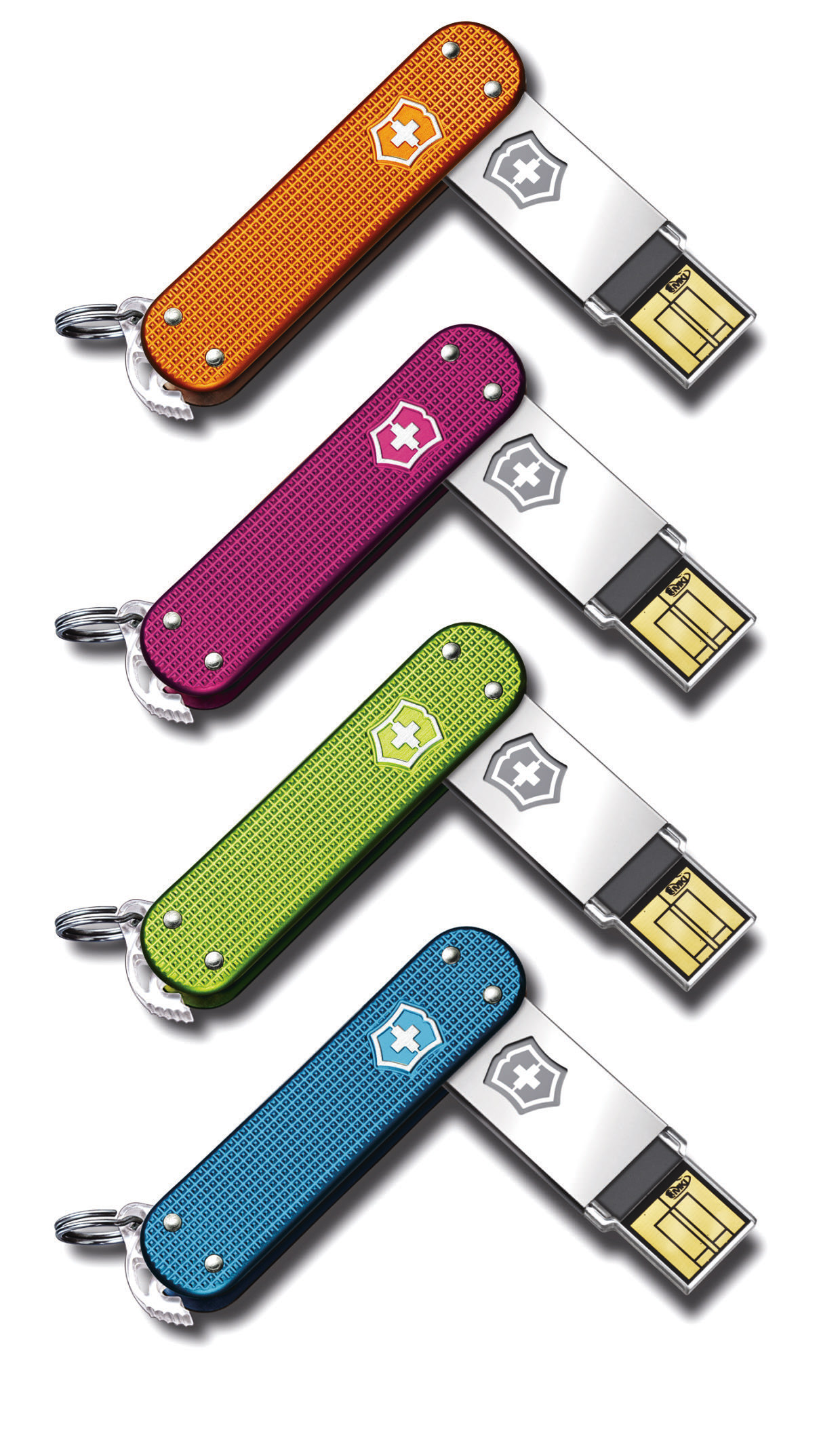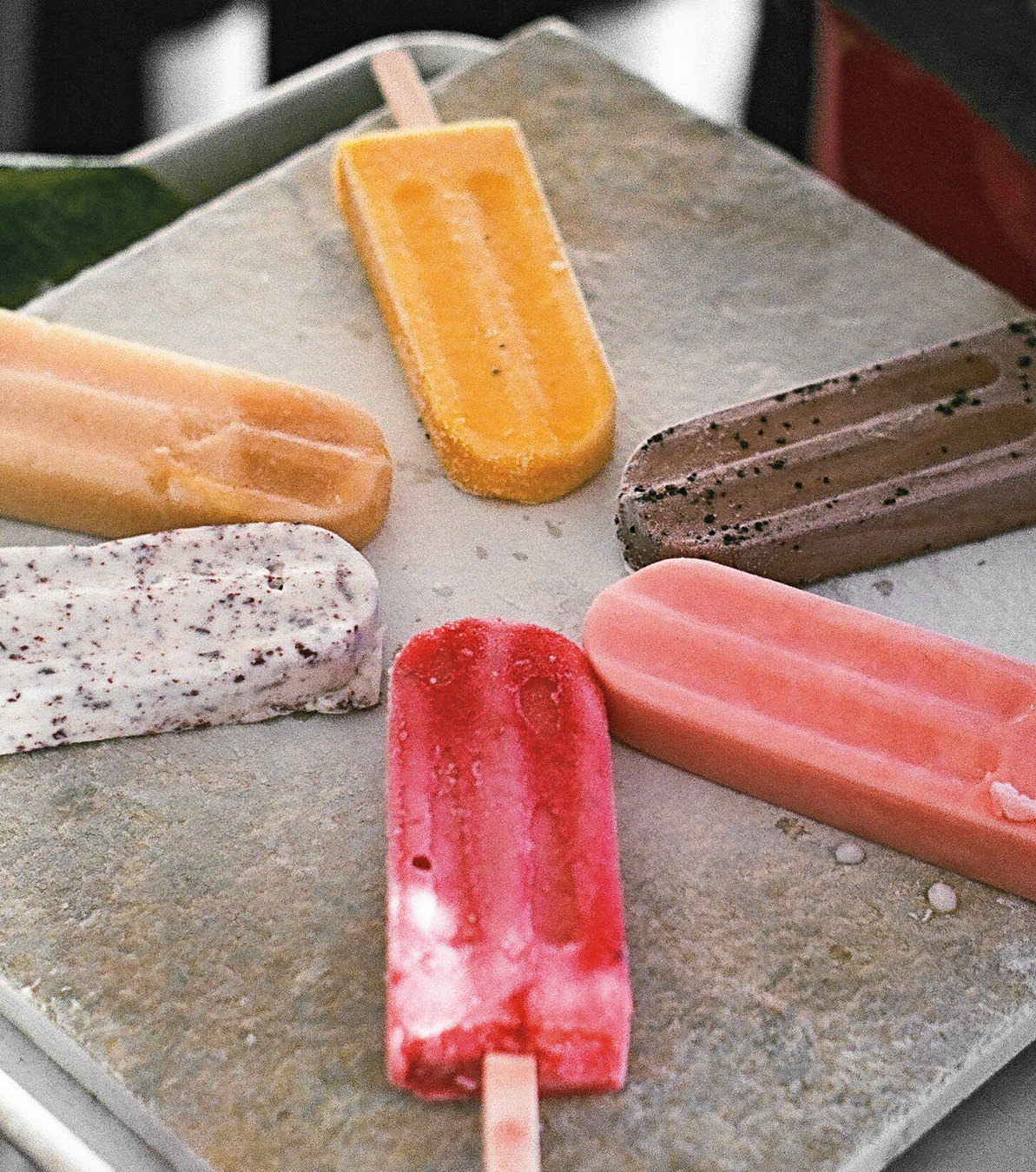Kuleana: Thinking About Sustainable Business and Tourism on Hawaii
Cultural responsibility.
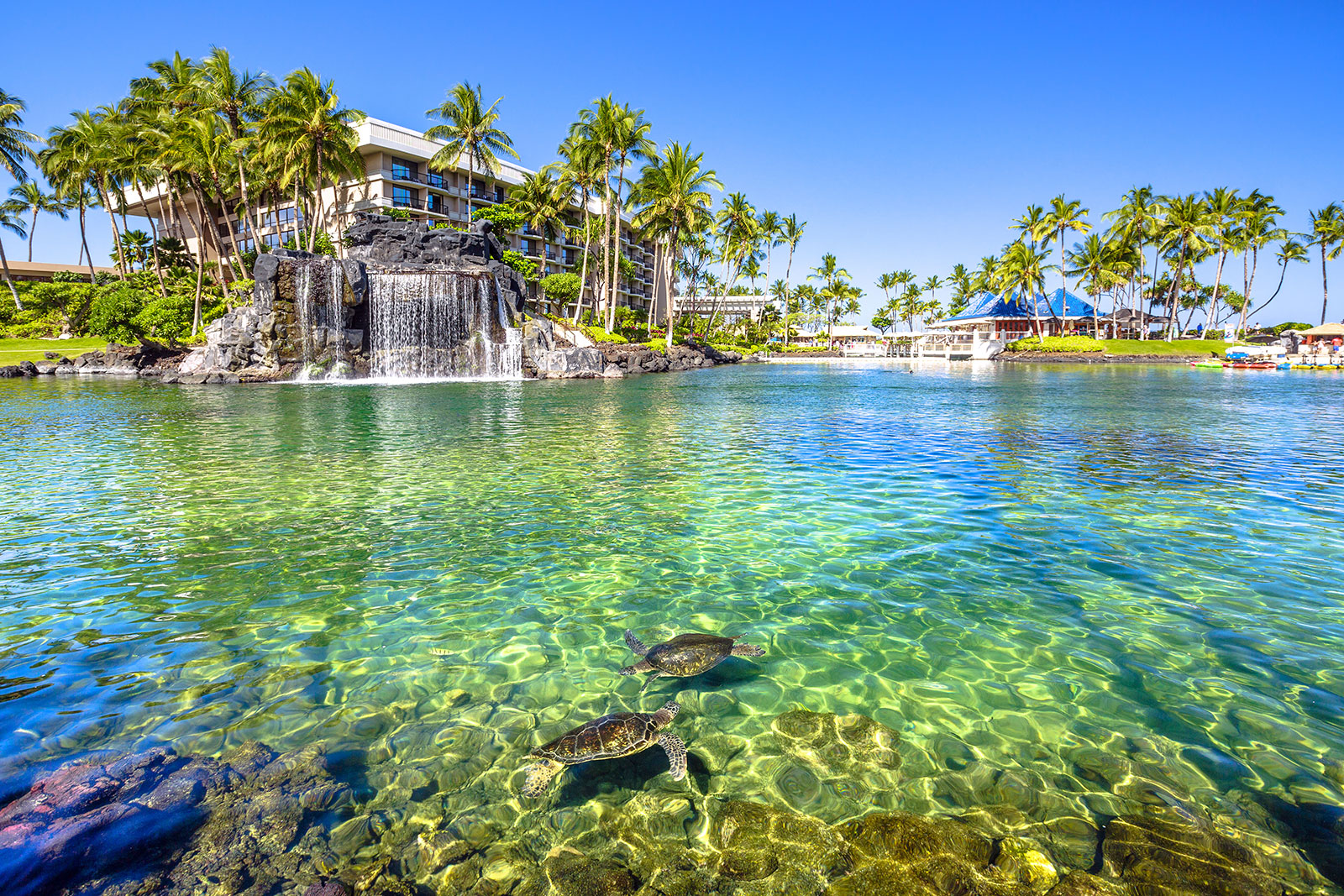
There is a fundamental word in Hawaiian used to define responsibility: kuleana—a deep spiritual relationship between a person and the things they are responsible for. Many locals on the Island of Hawaii try to live this word in their lives and businesses.
“Hawaii is a unique example of what life could be like when you have all the resources you need and you don’t ruin them all,” says Steve Jefferson, founder and CEO of Kuleana Rum Works. “Coal, oil, and minerals used to be the required resources for a modern economy to thrive, but now we are realizing that sunshine, wind, fresh water, and fresh air are the most important resources—not only on a human level, but on an industrial level as well. Hawaii has all of those in abundance, and we have a multimillennial culture in place that protects those resources, fiercely.”
Founded in 2013, Kuleana Rum Works was the first sugar cane farm on the Big Island. Handcrafted from 40 varieties of fresh-pressed kō juice (a rare, native Hawaiian heirloom sugar cane brought over a thousand years ago by the Polynesian wayfinders) makes Kuleana rum special, and pays homage to a piece of treasured Hawaiian history. “By naming our brand after this incredibly powerful value, we are forcing ourselves to be accountable,” says Jefferson.
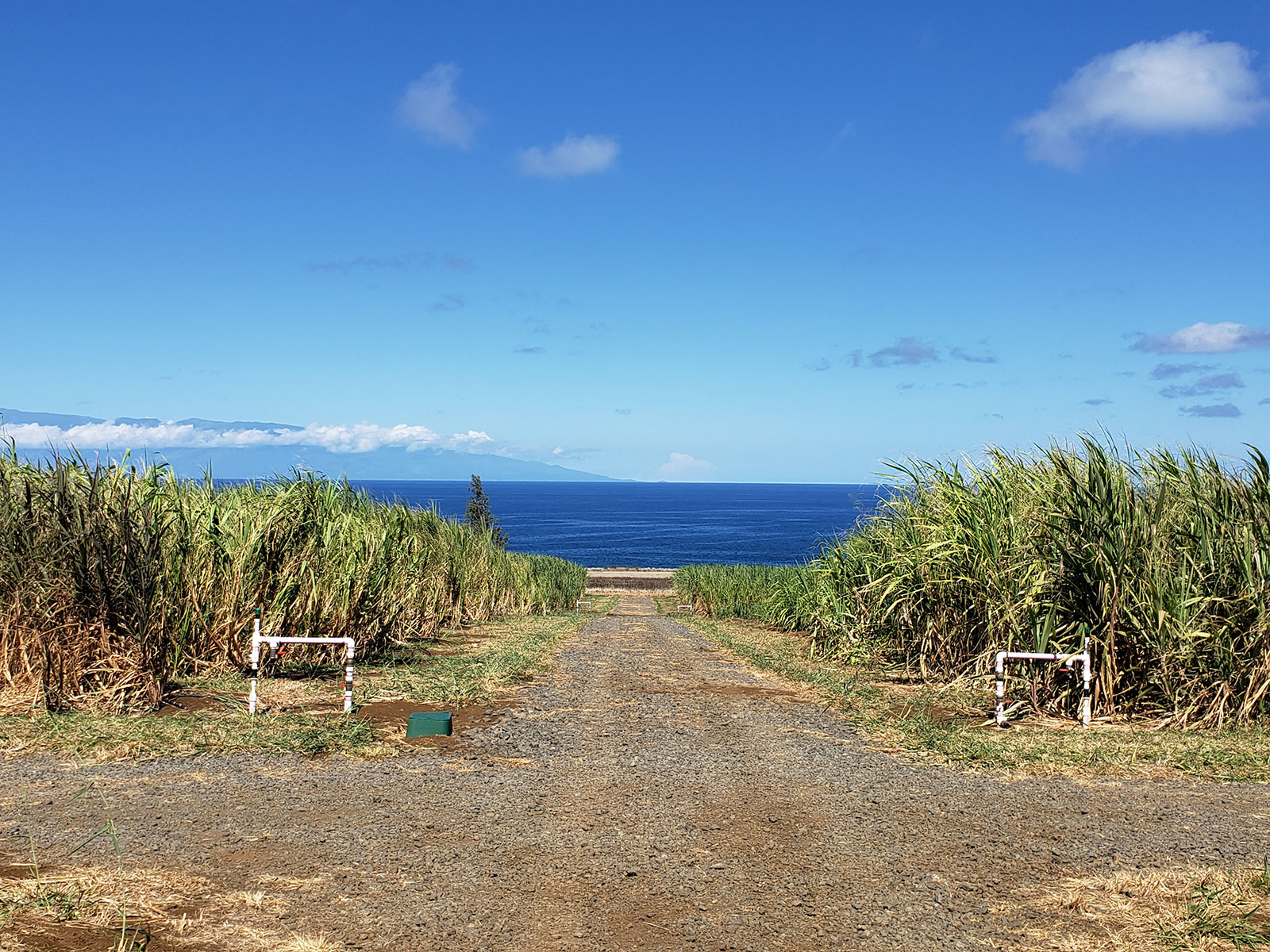
Sugar cane farm by Kuleana.
Located on the Kohala Coast, the Hilton Waikoloa Village honours its kuleana by doing its part to preserve the Island’s natural resources, utilizing various recovery programs. The HI-5 Beverage Container Recycling Program, implemented in 2005, has recovered and recycled more than 762,000 beverage containers to date. In early 2018, the resort was the first on the Island to ban plastic straws and replace them with biodegradable paper ones. The Last Straw Campaign initiative came as an effort to care for Hawaii’s ocean environment by eliminating the impact of plastic straws.
“I feel that my kuleana is to give visitors proper representation of who and what we (Hawaiians) are, where we’ve come from, and to show people that there’s so much more to our home than what they’ve been exposed to on television,” explains local tour guide Kalā Holiday. “The biodiversity of the Island and how unique it is, is in a very delicate state. Our culture revolves around everything that was naturally found here, and the wisdom that our ancestors were able to acquire by developing relationships with the different plants and animals, and that their extinction and loss of them equates to the loss of our heritage.”
He pilina wehena ’ole ke aloha honua means one’s love for the planet is an inseverable relationship. The Island of Hawaii encourages visitors to engage in pono (righteous, moral, proper) practices so that it remains that way for future generations. Take the Island of Hawaii Pono Pledge.
_________
Never miss a story. Sign up for NUVO’s weekly newsletter here.

